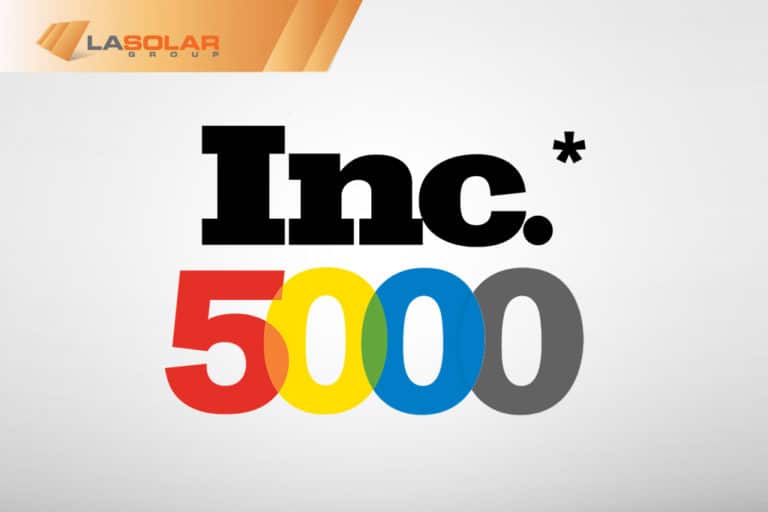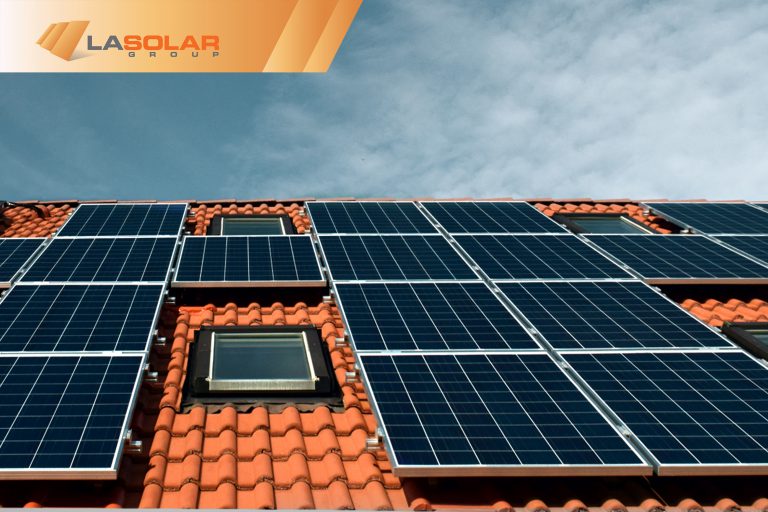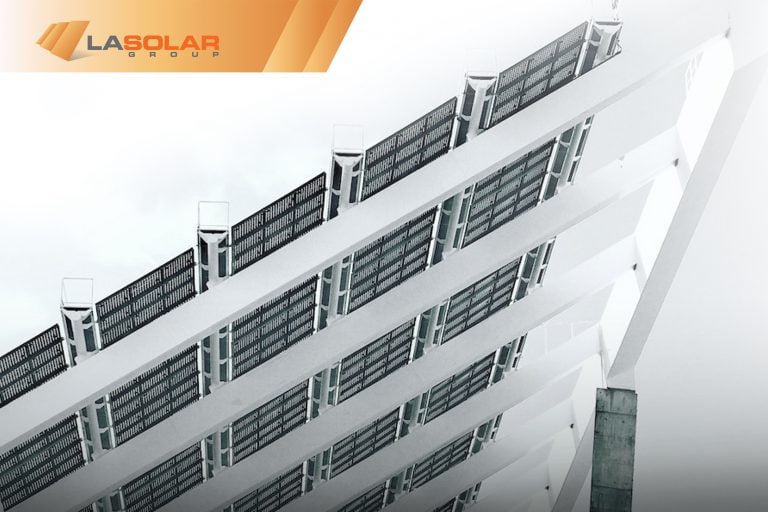For years, net energy metering (NEM) has been a key driver for solar adoption. This arrangement obligates utilities to credit homeowners for any net unused energy sent from their rooftop solar systems. So in addition to saving on your electric bill, you could also “make” money on your excess power generation. That’s a great deal.However, utilities in some states have been renegotiating in 2017. As part of an effort to roll back NEM, they have either drastically cut the incentive rate for homeowners, have placed restrictions on when and how much returned power may be credited against a bill, or have dropped NEM entirely. Between these efforts and the variety of solar ownership models available, many people are wondering if installing solar is still worthwhile.
The short answer is: Yes, it’s still worth your while to invest in solar power. The longer answer is that making a profit on your solar panels depends on a variety of factors, which we’ll delve into here. Your return on investment (ROI) depends greatly on the following:
What Kind Of System You Get
First, the best way to maximize the return on your solar system is to get a system optimized for your home. Although you’ll want an attractive looking system, you’ll also want a system big enough to meet your year-round energy needs, but not so big that you produce far more energy than you use—even with NEM (which changed in July 2017, but is still in effect in CA), this doesn’t make financial sense.
With an efficient system designed specifically for your power requirements, you’ll see your ROI in the least amount of time possible. If architectural requirements such as roof shape mean you need to use higher-efficiency panels, or you want the subtler, more aesthetically pleasing look of solar shingles, this process will probably take a bit longer.
How You Pay for Your System
If you pay upfront for your solar system, all savings compared with your prior spending on electricity from the utility start accruing immediately, and it will pay for itself more quickly than if you finance the purchase. Those who lease their systems, while enjoying the benefit of clean energy from the sun, have different ROI considerations than those who own or will own their systems.
The Amount Of Power You Produce
Any trustworthy solar installer will warranty your solar system’s power output. That means if it fails to produce the level of power predicted, they’ll make any necessary adjustments and compensate you for any shortfall. This is one way to ensure your purchase is worth it, and you stay producing an economically viable amount of power.
Other Local & National Solar Power Incentives
There are also many solar power incentives in Los Angles available to help homeowners go solar, any one of which can change how quickly you’ll see an ROI on your system. For Angelenos, that includes NEM 2.0. Although it now pays for homeowners’ net excess solar power at different rates depending on the power’s time of use, the incentive still helps on overall ROI.
Added Home Values From Solar Systems
One of the clearest answers to “Is it worth installing solar panels in Los Angeles?” comes from a study of how solar affects home values. Lawrence Berkeley National Laboratory studied that question, and found that solar systems added an average of $4/W to home values.

As you’ll see in the graph above, the effect was even higher for California homes, which were valued an average of $5.10/W higher. Overall, the average value of homes with solar was $15,000 more than comparable homes that did not have solar.
If you are still questioning whether installing solar panels is worth it for you, contact us. LA Solar Group has helped more than 2,200 homeowners maximize ROI on their solar systems. If you have any questions about, incentives, financing or other factors that affect solar system ROI and value, we can answer them.




